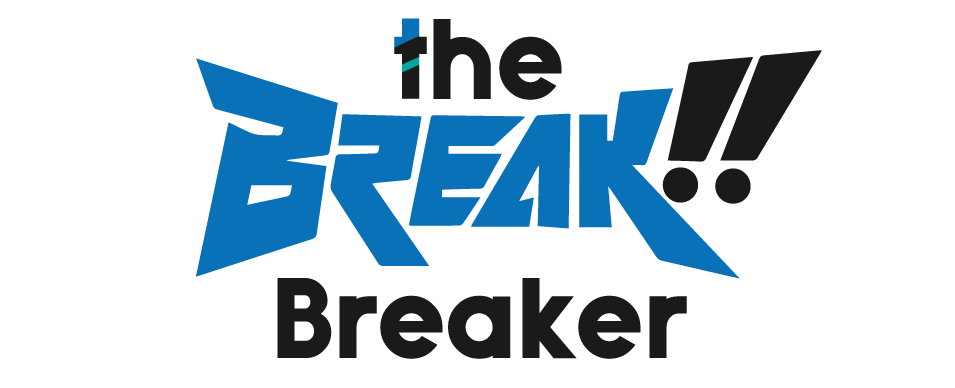
Guaranteed Home Equity Loan for Bad Credit: Exploring Your Financial Options
Introduction:
When it comes to obtaining a loan, having bad credit can be a major hurdle. However, if you’re a homeowner with equity in your property, there is a potential solution to consider: a guaranteed home equity loan for bad credit. In this article, we will delve into the concept of guaranteed home equity loans, how they can help individuals with bad credit, and what you need to know to explore this financial option.
Understanding guaranteed home equity loan for bad credit
A guaranteed home equity loan for bad credit allows homeowners to leverage the equity in their property to secure a loan, even if they have bad credit. Equity represents the difference between the market value of your home and the outstanding mortgage balance. Lenders use this equity as collateral, reducing the risk associated with bad credit and increasing the likelihood of loan approval.
How Guaranteed Home Equity Loans Benefit Individuals with Bad Credit
- Access to Funding: For guaranteed home equity loan for bad credit, obtaining traditional loans can be challenging. However, with a guaranteed home equity loan, lenders focus more on the value of your property and its equity, making it easier to secure the financing you need.
- Lower Interest Rates: Bad credit often leads to higher interest rates on loans. However, since guaranteed home equity loans are secured by collateral, lenders are more willing to offer competitive interest rates. This can result in significant interest savings over the life of the loan.
- Debt Consolidation: Home equity loans provide an opportunity to consolidate high-interest debts into a single, manageable monthly payment. By paying off credit card debts, medical bills, or other outstanding loans, you can streamline your finances and potentially improve your credit score over time.
Essential Considerations for Guaranteed Home Equity Loans
- Loan-to-Value Ratio: Lenders typically consider the loan-to-value (LTV) ratio when approving home equity loans. This ratio represents the loan amount compared to the appraised value of the property. Higher LTV ratios may result in higher interest rates or require additional collateral.
- Repayment Terms and Options: Understand the repayment terms offered by lenders. This includes the loan duration, interest rates, and monthly payment amounts. Consider whether a fixed-rate loan or an adjustable-rate loan suits your financial goals and circumstances.
- Risks and Responsibilities: Remember that a guaranteed home equity loan uses your property as collateral. Failure to repay the loan could result in the loss of your home. It is crucial to evaluate your ability to make timely payments and consider potential risks before proceeding.
FAQs (Frequently Asked Questions):
Q1: Can I qualify for a guaranteed home equity loan for bad credit with extremely bad credit?
A: While guaranteed home equity loans are more accessible for individuals with bad credit, extremely poor credit scores may still pose challenges. Lenders may impose stricter requirements or offer less favorable terms. It’s advisable to explore options and work towards improving your credit score if possible.
Q2: How does a guaranteed home equity loan affect my homeownership?
A: A guaranteed home equity loan places a lien on your property. This means that if you default on the loan, the lender has the right to foreclose on your home. It is essential to make timely payments and fulfill your obligations to protect your homeownership.
Q3: Can I use the funds from a guaranteed home equity loan for any purpose?
A: Generally, you have flexibility in using the funds from a home equity loan. Common purposes include home improvements, debt consolidation, education expenses, or other financial needs. However, it’s recommended to discuss your specific intentions with the lender.




